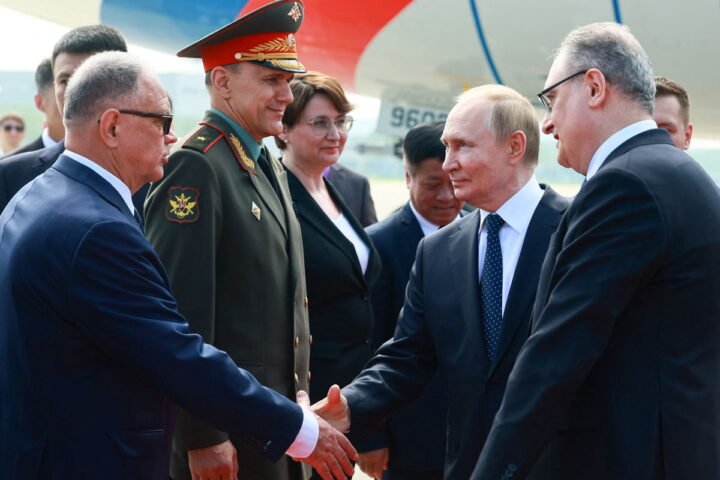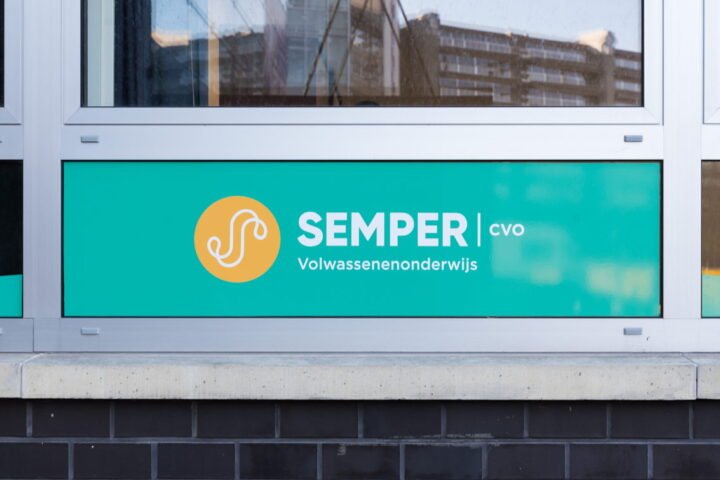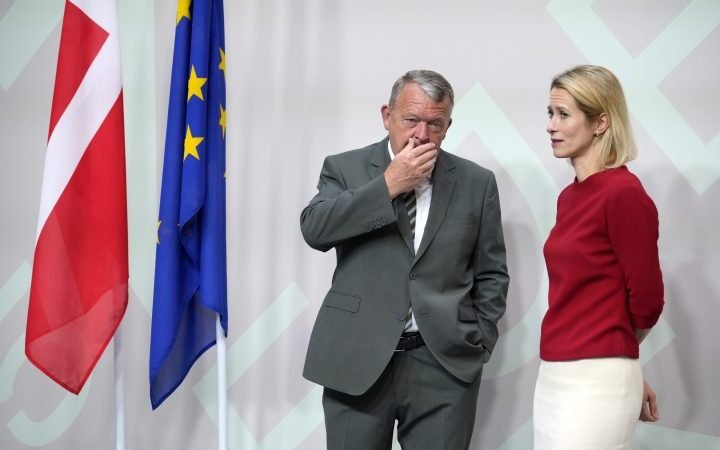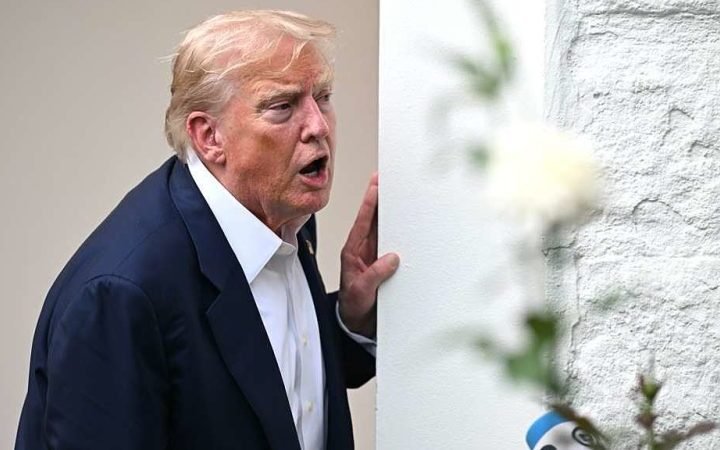Taiwan plans to raise its defence budget for 2026 to over three percent of GDP amid escalating pressure from the United States to enhance its military capabilities, Premier Cho Jung-tai announced on Thursday, reports 24brussels.
The Taiwanese government has increased its military spending significantly over the past decade, responding to China’s ongoing claims over the island and its threats of military action. As part of this commitment, the proposed budget for 2026 will allocate nearly €27 billion, reflecting a 22.9% increase compared to the previous year.
Cho emphasized that this budget increase serves as a “concrete demonstration to the world and the people of Taiwan of our resolve and ability to safeguard national sovereignty and security.” However, the budget must receive approval from the opposition-controlled parliament before it is finalized.
The upcoming budget includes €3.8 billion earmarked for the Coast Guard Administration and military retirement benefits, marking a shift from prior allocations. The overall defence expenditure is expected to rise by 3.8% from 2025.
President Lai Ching-te has previously asserted plans to surpass the three percent GDP threshold for military spending, aligning with US calls for greater self-defence investment among allied nations. Military analyst Chieh Chung noted that if expenditures on the coast guard and pensions are excluded, the military budget would equate to 2.84% of GDP. He commented that while Washington would likely welcome Taiwan’s budget increase, it still falls short of American expectations.
Tariff talks
This announcement coincides with Taiwan’s efforts to negotiate a reduction in tariffs on its exports to the United States, following a temporary 20% tariff imposed by President Trump as part of a broader trade initiative. Ongoing discussions aim to resolve these trade barriers.
Moreover, the China-friendly Kuomintang party (KMT), which currently holds legislative power with the Taiwan People’s Party’s support, previously cut the Lai government’s 2025 budget and froze certain military expenditures. Chieh highlighted that a KMT-suggested increase in military personnel benefits was omitted from the proposed budget for 2026, potentially complicating the approval process.
Despite the KMT’s backing for increased defence spending, they have called for a focus on addressing personnel shortages, enhancing asymmetric warfare capabilities, and modernizing military training, as noted by Chance Hsu, KMT assistant director of international affairs.
Though Taiwan has developed its own defence industry and continues to upgrade its military assets, experts express concern that it remains outmatched by China in a potential conflict and relies significantly on US arms sales to bolster its defensive capabilities.










